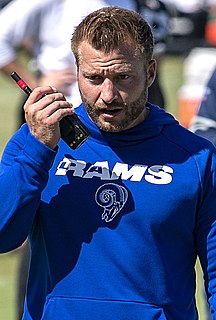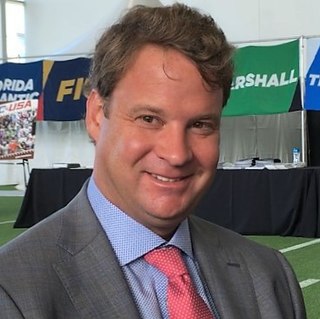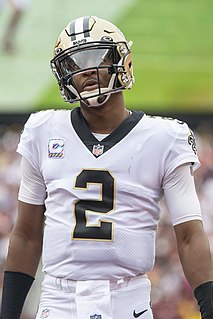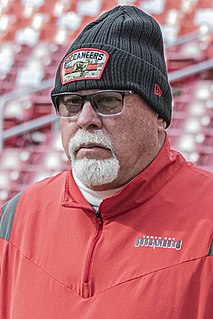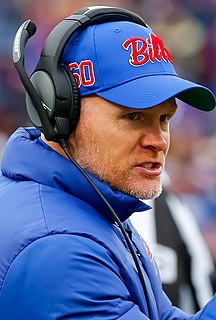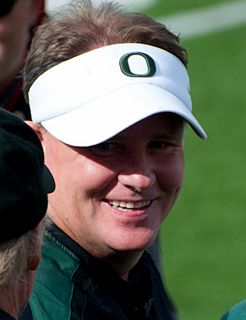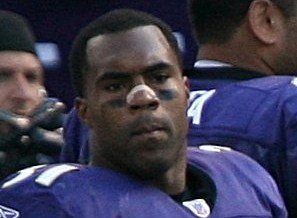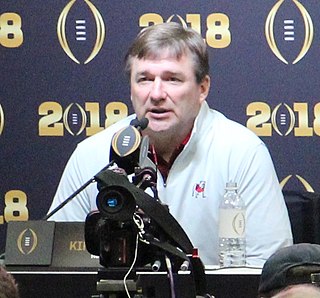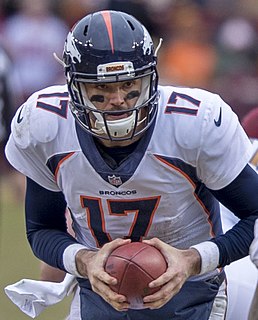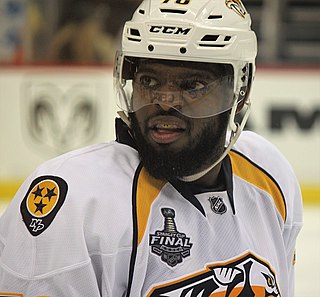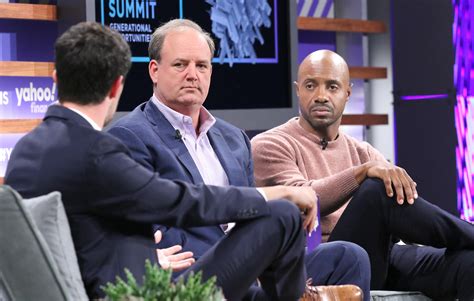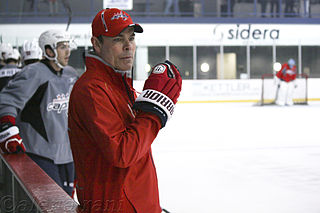A Quote by Sean McVay
When you're a position coach, your next goal is to be a coordinator. While trying to be the best tight ends coach you can be, I always wanted to be an offensive coordinator at some point. When the opportunity presents itself, you want to make sure you capitalize on that.
Related Quotes
If you would have told me when I was 24 years old, right before I went with Coach Carroll to USC, you're going to get to be the offensive coordinator for Pete Carroll and then offensive coordinator for Nick Saban, arguably maybe the two best coaches in all of football by the time you're 40 years old, I would have said, 'Where do I sign up?'
Coach Wilks really embraces that growth mindset and trying to learn and grow every day so he's a good fundamental teacher. He understands the passing game which is important when you coach as a defensive coordinator and also as a secondary coach like he has, so he's one of the top-notch coaches in our business.
Yeah, I had it all mapped out actually. Seriously. I wrote it down. I said, 'When I'm the head coach of the Eagles, I'm going to make sure I get that guy on my team.' And then guy next to me was like, 'You're only the offensive coordinator at New Hampshire.' I said, 'Don't worry about it. Minor details. But it's going to work.'
My wife will act as the offensive coordinator at times during the evening. I'll have her read the full play to me. I'll sit there and try to picture it, spit it back out to her, make sure I'm verbalizing it the right way so that when I step into the huddle the next day in practice, things are coming out clear.
